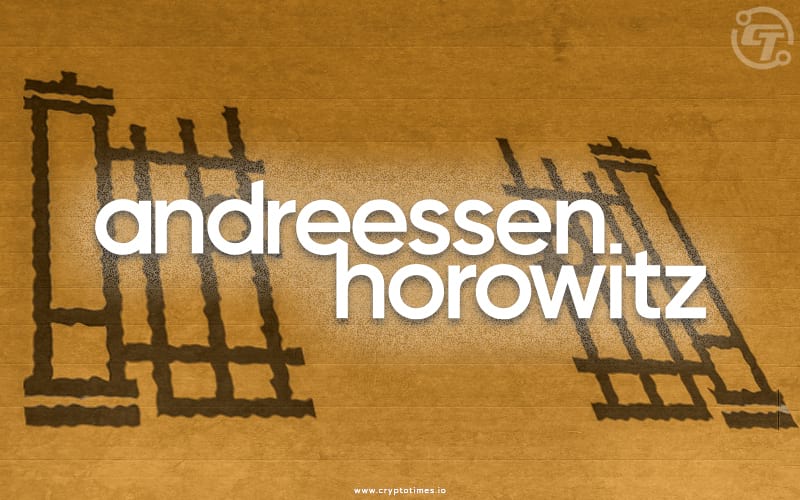Andreessen Horowitz, on Thursday, announced in a blog post, that it is “Open Sourcing Our Token Delegating Program”. This will require it to share its built resources to promote decentralized governance.
Thoe resources include legal agreements as well as a set of criteria that a16z developed to assess whether a given company or organization is a good candidate to receive a share of the voting tokens. The voting tokens determine whether a given blockchain should make changes to its protocol.
Previously, a16z had disclosed that it delegates tokens to organizations led by university students, including Stanford Blockchain Club, Harvard Law Blockchain and Fintech Initiative, Blockchain at UCLA e Blockchain at Berkeley.
Distributed Governance
In the Blog Post, a16z released more details about its token delegation process. The process includes a list of best practices, how delegates are evaluated, legal mechanisms, the composition of the company’s current delegate network and ideas for future improvements.
The investment firm said the delegation is an effective method of instigating “the long-term development of a higher quality government agency.” a16z continued: “To truly unlock these benefits, a “strong” modality of delegation is needed, one that not only reduces concentration at the superficial level but also allows each delegate to vote independently of the token holder, in any way they see fit.”
A16z’s notable practices concern independence. It would be a pretense if any delegates gain control over the direction of a DeFi without clear boundaries. Although its power exists entirely on the generosity of the investment firm.
“Delegates must be empowered to vote independently from the token holder. This is an essential property for any well-designed delegation program. At a minimum, this means that the token holder should not attempt to influence or dictate its delegates’ participation in any way, either explicitly or implicitly,” the company wrote.
The transparency proposal in the post is also striking. A16z stated that it will become increasingly important to give DeFi communities access to information about “the relevant parties, the terms of the underlying delegations, their relationships to the token holder, and more.”
A16z has also gone to the extent to publish a breakdown of its current delegate network for Uniswap and Compound. The breakdown reveals for the first time that microfinance company Kiva and Mercy Corps, the NGO, have received tokens from a16z.
Although, the breakdown does not give any detail on the number of tokens it has to individual organizations.
Furthermore, a16z stated that it will delegate tokens to diverse organizations. It will also implement its delegation methodology for new protocols. The company also aims to continue developing the delegation framework.
“Ultimately, we are strong proponents of delegation and believe it has an important role to play in protocol governance. Our hope in publishing this framework is that it can serve as a useful starting point for others who are beginning to think about delegation and how to incorporate it thoughtfully,” it said.







